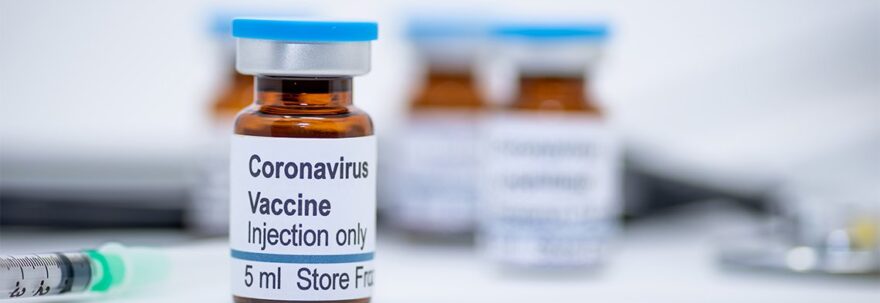The FDA has given the green light for the modern booster photo shoot and the Pfizer-Biontech Covid-19 for adults, renewing the authorization of emergency use when the US settles in the extended pandemic. The amended EUA allows for one additional dose of vaccines for those aged 18 or more, after they completed their main vaccination with drugs that are archoiled or approved by other FDAs.
Expansion opens the door to expand booster shots around the US, building existing authorization for certain risk categories. It includes all individuals aged 65 years or more, those aged 18 to 64 years with high risk of COVID-19 severe, and those in the same age group faces “Institutional Exposure or Frequent Work” against Coronavirus, such as from from Working in health care or health care “against Coronavirus, such as from working in health care regulation.
That only happens after the initial encouragement to expand the feasibility of booster for all in the US aged 18 years or more. The FDA directed the ambition earlier this year, following a silent attitude by the body of its guide to recommend a broad change to EUA. However, now, with the Covid-19 cases rising again in many states, and the threat of comorbidity with flu during winter, a more aggressive attitude has been adopted.
“Overcome the use of a single booster dose, both modern vaccines or Pfizer-Biontech Covid-19 for individuals who are 18 years old and older helps provide sustainable protection against COVID-19, including serious consequences that can occur, such as inpatient hospitalization and death,” ” Janet Woodcock, M.D., Acting Commissioner of FDA said today in a statement.
Booster shots are open to anyone in the US in the age of 18+, regardless of whether they have a modern vaccine, Pfizer, or one-shot Janssen. For the first two, the booster must be given at least six months after the second injection of the vaccination primary course. For a single dose of Janssen vaccine, meanwhile, booster can be given after at least two months of that dose.
FDA-and Biden-administrative administration has been criticized from several quarters due to the potential for confusion in the launch of the booster. In particular, the criteria that are deliberately vague for those who are in the “risk” group are chosen as counter-intuitives for simple public health messages.
That seems to be a motivating factor – besides research – for the announcement of the FDA today. “Showing the feasibility criteria and making booster doses available for all individuals aged 18 years and over will also help eliminate confusion about who might receive booster doses and ensure booster doses are available for all who might need it,” Peter Marks, M.D. , Ph.D., Director of the FDA Biology Evaluation and Research Center, said in a statement.
As for the data, for Modern FDA vaccines see immune response data from 149 participants who have received booster shots, and compare them with more than a thousand which only have two initial shots. Antibody response-meaning, the body’s ability to fight COVID-19 infections is higher in the booster group when measured 29 days after being given.
Likewise, for the Pfizer-Biontech vaccine, the FDA saw around 200 participants who received a single booster shot six months after their main vaccination course. Once again, a month after the booster, it was found that the group had an antibody response that was stronger than those who did not receive a booster.Next will be a meeting by the Center for Control and Prevention of Disease (CDC) about the practice of immunization, which is expected to take place today. It will add to its clinical-short recommendations, the launch plan for the FDA extensive-to-authorization reinforcement.




